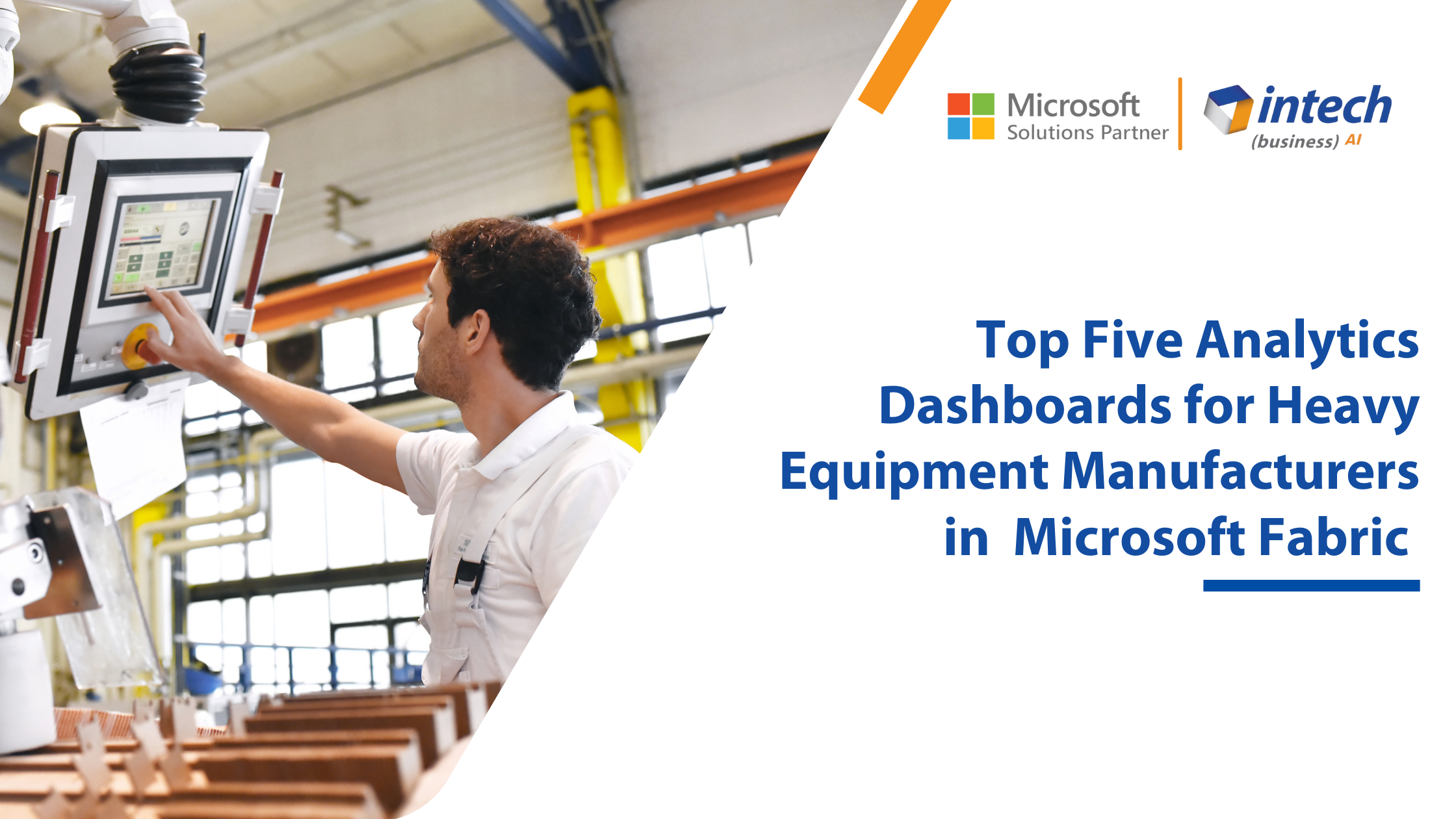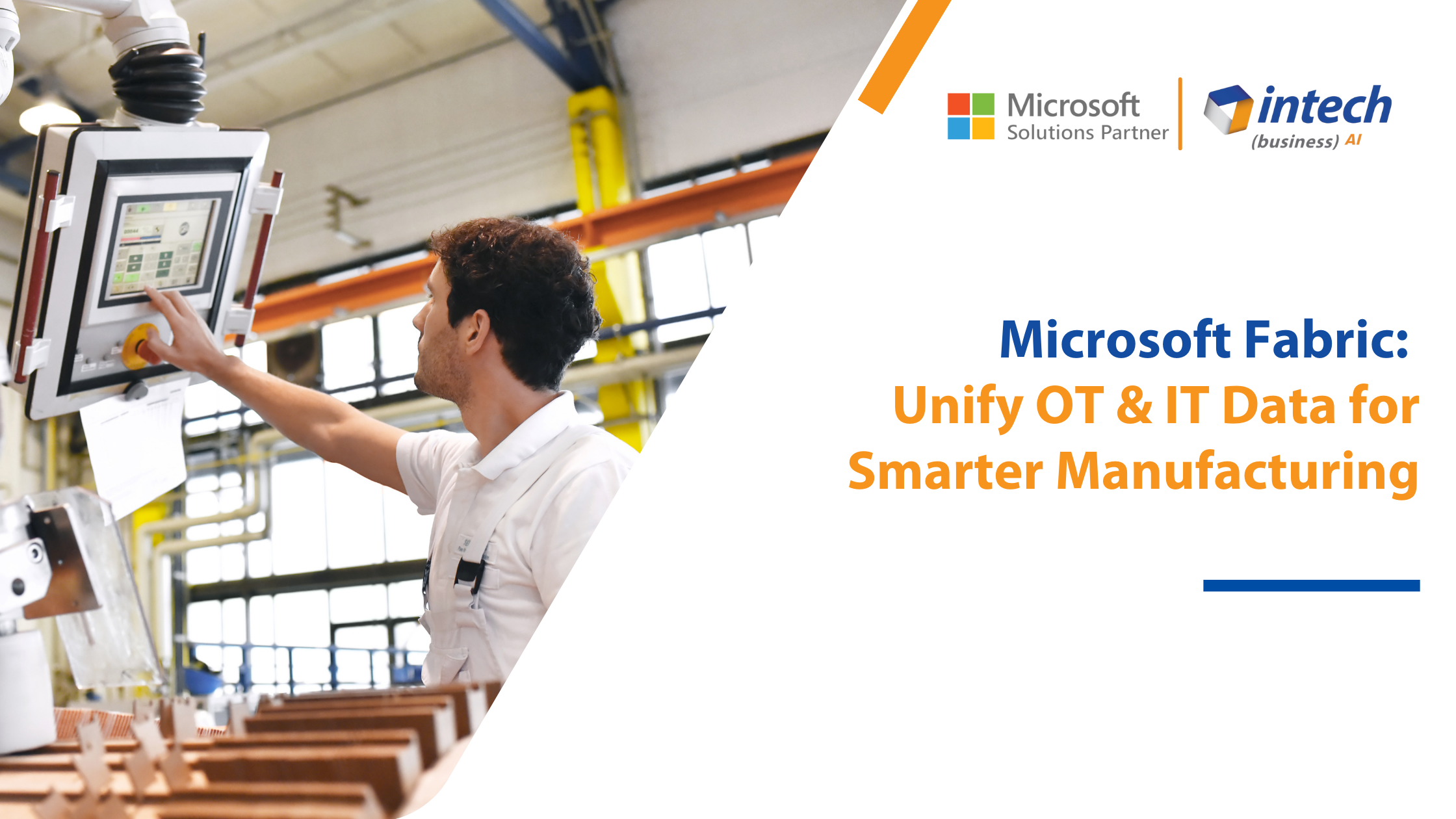7 Digital Transformation Trends That Will Shape Manufacturing Industry in 2023
Industry 4.0 has transformed how businesses manufacture, enhance and distribute their products. In the last two decades, we have witnessed rapid shifts in technologies, industries, processes, and societal patterns at large. Industry 4.0 has enabled manufacturers to employ advanced tools and technologies that facilitate increased connectivity and smarter automation to provide businesses an edge in this ever-changing marketplace. Digitalization has helped manufacturers improve operational visibility, accelerate production, lower costs, and deliver unparalleled customer support. So, what is next for the manufacturing industry?
Industry 4.0 inspired an era of rapid change across the world. There is no doubt that it has reshaped the manufacturing industry for the better. However, it is now time to shift our attention to what is coming next. Where Industry 4.0 focused on utilizing technology to streamline operations and optimize production, Industry 5.0 is all about smarter collaborations between humans and machines. Experts are now discussing how man and machine can work synergistically to augment each other’s capabilities. While some suggest we are on the brink of witnessing the unfolding of this new era, some others believe it is already here.
Come what may, there can be no doubt that businesses must continue to embrace these rapidly emerging technologies to stay ahead of the competition and thrive in this post-pandemic world.
Let’s look at the top 7 digital transformation trends that are likely to shape the manufacturing industry in 2023:
1. AI, ML, and Automation
Businesses produce a ton of data each day. Reports suggest that the amount of data that we are going to generate in the next two years is equivalent to the amount of data that we have generated in the last 3 decades. The implications of collecting and analyzing data are known far and wide. Experts are always talking about new ways we can utilize this information to drive better business decisions. We are sitting on a goldmine, but you would be surprised to know that we are only utilizing a small percentage of the data at our disposal.
It is a shame that despite the abundance of software and tools available in the market today, and all the talks touting the value of this data, we are so far behind in making good use of it.
However, more and more organizations are now investing in technologies that can process large volumes of data accurately, and in real-time. By integrating Machine Learning (ML) and Artificial Intelligence (AI) into their services, infrastructures, and applications, manufacturers are accelerating their data processing and making it more efficient.
Automation, ML, and AI-powered digital transformation are making industries more robust by streamlining and automating various tedious operations, processing large volumes of data accurately, and empowering manufacturers to predict future trends and improve quality governance, delivering products faster, lowering costs, and reducing waste.
While there is no doubt that machines are getting more intelligent by the day, it is the combined force of man and machine that will make for the most formidable team. Men and machines will together reimagine the future of the manufacturing industry.
2. IIoT
The ‘Industrial Internet of Things’ (IIoT) is the use of smart sensors and actuators to improve manufacturing and industrial operations. IIoT harnesses the power of intelligent devices and real-time analytics to drive better business decisions faster.
This network of intelligent devices is connected to form systems that monitor, gather, exchange and interpret data. They can be deployed in the field, at factories, or in other remote locations. These devices capture and broadcast information straight to the data communications infrastructure, where it is processed into actionable insights. These insights are utilized for optimizing industrial operations, improving field service, energy management, and predictive maintenance.
The interest in IIoT has been growing over the last few years, especially after the Covid-19 pandemic, due to the possibility of remote monitoring and predictive maintenance. It is not always possible for field service technicians to arrive at the job site at a moment’s notice. With IoT-enabled devices, technicians can monitor equipment performance and identify issues at hand to determine potential solutions even before arriving at the job site.
3. Industry Clouds
Despite forecasts of a rapid shift in cloud adoption, accelerated by the Covid-19 pandemic, and Gartner predicting a $651 billion public cloud market in 2024, businesses have been slow to leave their legacy infrastructure and move to the cloud.
At a time when businesses have only begun to explore public cloud adoption, it may seem odd that experts are already discussing the next big thing in public clouds. However, one possibility worth exploring is industry clouds.
Industry clouds enable businesses to digitally transform with tailor-made tools, workflows, and data models developed to solve specific industry problems. Industry Clouds deliver capabilities that help the core operations and necessities of the industry. These comprehensive manufacturing cloud solutions comprise released and latest capabilities that securely link individuals, assets, workflow, and industrial operations, empowering manufacturers to be more resilient.
4. Smart Manufacturing:
Smart manufacturing is a broad notion. It is a combination of various tools and technologies that are enforced collectively in a manufacturing ecosystem to improve the end-to-end process. The objective of smart manufacturing is to leverage these tools and technologies, or “enablers,” to improve productivity and make industrial processes faster and more efficient.
Some of the preeminent enablers in the industry today are AI, ML, Automation, IIoT, Robotics, and Blockchain, among others. These enablers improve quality control management, production scheduling, and inventory planning. They are also known to reduce production costs.
5. 3D Printing:
3D Printing may sound fascinating and like something out of a science fiction show, but you would be amazed to know that it is not a recent innovation. It has been a staple in additive manufacturing for 40 years now.
3D Printing has been regarded as one of the most transformative manufacturing technologies in recent years. Businesses across industries are using this technology to develop novel products. This process creates objects from digital data. It utilizes lasers to spread coatings of material, which solidify to construct the object. This technology can be used to make spares or entire products.
Manufacturers rely on 3D Printing to develop prototypes. It is a highly effective way of designing new products and troubleshooting issues before they go into mass production. Furthermore, it has revolutionized the tedious and costly process of tooling. Back in the day, it would take factories months to produce the spares required for the mass production of heavy equipment. However, the same process is now completed within a matter of days.
6. Predictive Maintenance:
Did you know that most manufacturing units incur major losses due to disruption in the production schedule because of unexpected equipment downtime?
A report by Gartner suggests that the average cost of IT downtime is $5,600 per minute. Different businesses operate differently, and downtime can range between $140,000 per hour to $300,000 per hour on average and go up to as much as $540,000 per hour on the higher end.
Manufacturing facilities must implement the best operational practices to measure and improve the efficiency and availability of their machinery and types of equipment. Predictive maintenance can reduce unexpected outages and extend the lifetime of your equipment by years.
Manufacturers are now automating the data collection process using the IoT technology and gathering valuable predictive analytics that can help get a better understanding of how their machinery works, so they can act ahead of time to prevent plant breakdown and avoid disruptions in the production cycle. This is a proven way to save time, money, and resources.
7. Augmented and Virtual Reality
Augmented Reality (AR) enhances the user’s surroundings by adding digital components to a live view. Virtual Reality (VR), on the other hand, substitutes a real-life environment with a simulated one. The user is completely immersed in a digital environment in VR.
Both these technologies are being used in manufacturing to boost industrial processes and improve efficiency. For instance, a manufacturer may use AR to display instructions for producing an item on its employees’ smartphones and tablets or create a simulation of their production line in a virtual setting so employees can understand the process and see what the finished goods would look like before they begin production.
In 2020, the market value of VR/AR technology reached $12 billion. It is projected to grow at a CAGR of 54% and reach $72.8 billion by the year 2024. The coming year will see several advancements in AR/VR and other technologies. It is a prime opportunity for manufacturers to leverage these emerging technologies to make production smarter and faster than ever.
With the myriad of tools and technologies available in the market today, it is challenging for manufacturers to pick the right solution for their business needs. Moreover, change management is a significant limiting factor for businesses in India. Most conventional manufacturing approaches are built around human interactions, and businesses face several technical and cultural hurdles in going digital.
However, with changing times, manufacturers are now looking for solutions that can help them effortlessly connect with their customers, automate business operations with unique and comprehensive solutions, and harness the power of AI, BI, IoT, and data analytics to drive innovation and decision-making.
With global disruptions and a shift in workforce patterns, change is inevitable, but how fast manufacturers respond to this change remains uncertain. Nevertheless, what we know with certainty is that with these emerging tools and technologies, the future of manufacturing is looking brighter than ever.
Do you want to learn more about the tools and technologies that will dominate manufacturing in 2023, and how you can benefit from them? Write to us at sales@intech-systems.com today!
About Intech
Intech Systems is a three-cloud Microsoft-certified partner that boasts deep expertise in providing digital transformation solutions for organizations by leveraging the Microsoft 365, Dynamics 365, and Azure solution stack. Intech is recognized as a top-tier Microsoft implementation partner globally and specializes in transformative technology solutions such as ERP (Enterprise Resource Planning), CRM (Customer Relationship Management), Business Process Automation, Business Intelligence, Cloud Infrastructure, Data Management, Productivity & Collaboration and Generative AI (Gen-AI) solutions. As a trusted Microsoft Solutions Partner, we are capable of doing complex technology implementations catered to an organization’s specific needs & also rapid solution implementation such as our Microsoft Dynamics 365 Business Central implementation packages. We pair our implementations with end-to-end customer support, offshore development & 3rd party integrations. With offices in India, USA (United States of America), and Singapore, we work with clients across globe to empower businesses with cutting-edge technology solutions. Our latest services aim at delivering business ready AI solutions to the customer, like our Microsoft Copilot Consulting Services & Solutions for small, medium & large enterprises. Intech’s expertise lies in building software solutions for Manufacturing, Professional Services & Healthcare. Our Dealer Management System, Sales and Service CRM for Manufacturing, Field Force Automation for Pharmaceuticals and Manufacturing Central are some of our leading industry solutions. Intech’s vision is to catalyze digital futures for operation-centric industries globally, we are at the forefront of innovation, helping organizations drive growth and innovation like never before. Contact Us to learn more.
Follow us on Social Media


How can we help? - Talk to Dynamics 365 experts for your concerns
What's New

Top 5 Analytics Dashboards for Heavy Equipment Manufacturers using Microsoft Fabric
Introduction: Heavy equipment manufacturing businesses are asset-heavy. Besides machinery, equipment, and tools, they also produce a substantial amount of data. To maintain both...

Microsoft Fabric: Unify OT & IT Data for Smarter Manufacturing
Introduction: Manufacturers deal with two different systems in their production operations: Operational technology (OT) systems...

What Ignite 2025 Means for Businesses: Harnessing Microsoft’s AI-Powered Ecosystem
With Microsoft Ignite 2025, businesses around will enter a new age. This year's event introduced...






